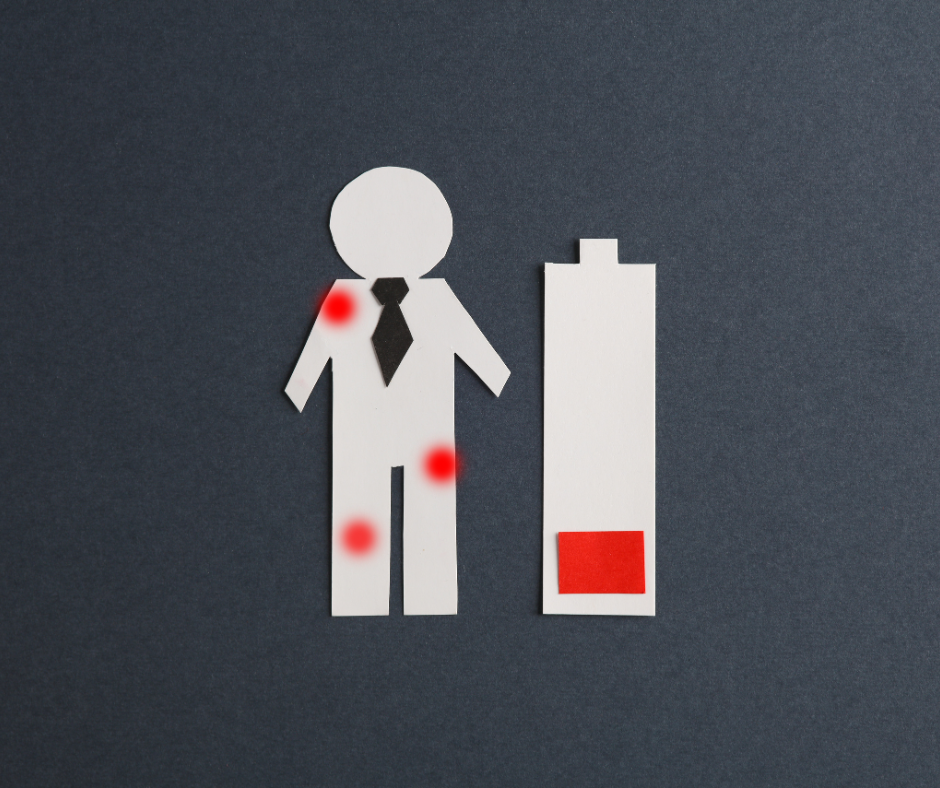Pain doesn't play by the rules. For patients with rheumatic diseases, this truth rings especially clear. At the 2024 EULAR conference, Becky Hosey highlights new light on how we're tackling this challenge, particularly when it comes to opioids, pain management, and the often-overlooked burden of fatigue.
The Evolving Landscape of Pain and Fatigue Management in Rheumatology: Insights from EULAR 2024
The opioid story in rheumatology is complex. While these medications have long been a go-to solution, recent data suggests we might need to rethink this approach. A striking study from the UK found that musculoskeletal conditions account for over 70% of opioid prescriptions among nearly 3 million people, excluding cancer patients. But here's the catch: research increasingly shows that opioids might not offer any special advantage over non-opioid alternatives, especially for chronic conditions.
Interestingly, the COVID-19 pandemic didn't drive up opioid prescriptions for musculoskeletal conditions as many feared. In fact, prescribing rates have dropped since 2021 for rheumatic and musculoskeletal diseases (RMDs). This trend reflects a growing awareness of the distinction between short-term use for acute issues and the risks associated with long-term use.
The medical community isn't standing still. Artificial intelligence is emerging as a promising tool to identify patients who might be at higher risk from opioid therapy. But the challenge remains: many RMD patients rely on long-term opioid prescriptions simply because their therapeutic options are limited. This reality demands careful, individualized treatment plans and close monitoring.
But medication is just one piece of the puzzle. The real story of managing rheumatic diseases plays out in patients' daily lives – all 9,000 hours per year when they're not in a doctor's office. This is where self-management becomes crucial.
Effective self-management goes beyond taking pills on schedule. It's about empowering patients to take control of their health through lifestyle changes, better health behaviors, and maintaining social connections. The emotional aspect is particularly crucial – helping patients maintain their sense of identity and purpose while living with a chronic condition.
What works? The basics matter more than ever: good sleep habits, regular physical activity, balanced daily routines, and dedicated relaxation time. But technology is opening new doors too. Virtual reality, while primarily used for acute pain like phantom limb syndrome, shows promise for broader applications in rheumatic conditions. While VR hasn't been studied specifically for fatigue management, other digital tools are stepping up to fill the gap.
A new generation of apps is emerging, designed specifically for RMD patients. These focus on the full spectrum of challenges: pain, fatigue, mood, physical activity, coping strategies, and medication adherence. Perhaps most exciting is the development of what's being called "compassionate technology" – systems that adapt to users' needs rather than forcing users to adapt to them.
As we move forward, the key seems to lie in balance – between medication and lifestyle changes, between technology and human touch, between managing symptoms and maintaining quality of life. For rheumatology patients, this holistic approach might just be the path to better days ahead.
Key Points
- Global Concern: The opioid epidemic is a global issue, with significant impact in the U.S., Europe, and other regions.
- UK Study: A UK study found that over 70% of nearly 3 million people prescribed opioids were for musculoskeletal conditions, excluding cancer.
- Questionable Effectiveness: Research suggests that opioids may not be more effective than non-opioid methods for musculoskeletal pain, particularly chronic issues.
- Pandemic Impact: The pandemic did not increase opioid prescribing for musculoskeletal conditions; in fact, prescribing has decreased since 2021 for RMDs.
- Short-Term vs. Long-Term Use: Short-term opioid use for acute issues is less concerning than long-term use, which poses significant risks.
- AI in Opioid Prescribing: AI is being explored to identify patients at higher risk of harm from opioid therapy.
- Challenges in Rheumatology: RMD patients often have long-term opioid prescriptions due to limited therapeutic options, making individualized plans and close monitoring essential.
- Non-Opioid Treatments: Even when opioids are prescribed, non-opioid treatments should be included in the management plan.
Self-Management of Pain and Fatigue in RMDs:
- Importance of Quality of Life: The overall goal is to improve the quality of life for patients, who manage their disease primarily on their own (9,000 hours a year).
- Empowerment and Self-Management: Patients should be empowered to manage their disease, focusing on more than just medical management, but also lifestyle changes, health behaviors, and social participation.
- Emotional Self-Management: Emphasizes the importance of emotional well-being, refinding identity, and maintaining a sense of purpose despite chronic disease.
- Key Strategies: Sleep hygiene, physical activity, balanced daily activities, relaxation phases, and emotional management are vital for pain and fatigue management.
Technology in Pain and Fatigue Management:
- Virtual Reality (VR): VR techniques are currently used for acute pain (like phantom pain) and hold promise for broader applications in RMDs.
- No VR Studies on Fatigue: There are no VR studies specifically for fatigue, but other methods like nature, breathing techniques, yoga, and virtual social interactions are beneficial.
- Innovative Apps: Studies are exploring the effectiveness of apps designed for RMD conditions, focusing on pain, fatigue, mood, physical activity, coping mechanisms, and medication adherence.
- Compassionate Technology: The concept of technology that adapts to the user’s needs, rather than the user adapting to the technology, is a promising area of development.







